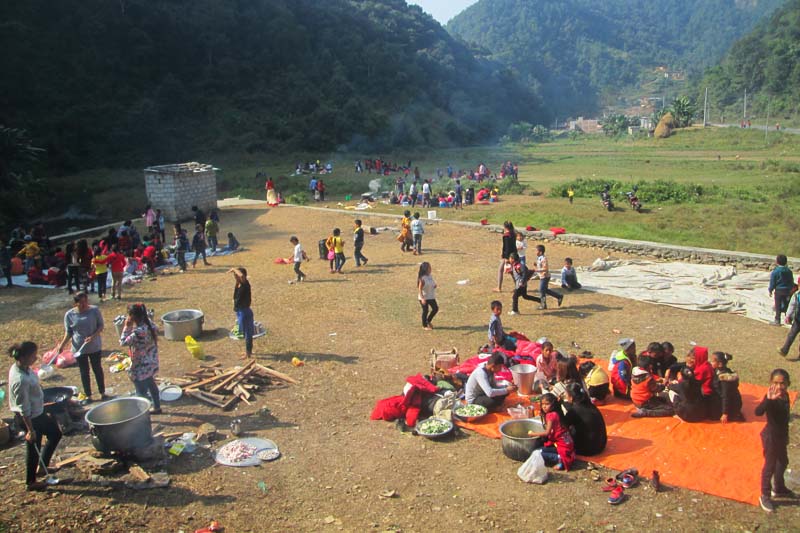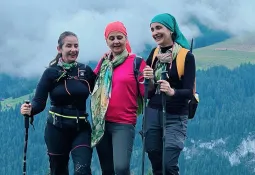
10 Essential Trekking Tips for a Safe and Memorable Adventure
Trekking can be a rewarding outdoor adventure, but it's important to be well-prepared and follow safety guidelines to ensure a successful and enjoyable experience. Here are some trekking tips to consider:
-
Plan your trek:
- Research the trail: Familiarize yourself with the trail's difficulty, length, and the terrain.
- Check the weather: Be aware of the current and forecasted weather conditions.
- Obtain necessary permits: Some trekking areas require permits, so make sure you have the required documentation.
-
Physical preparation:
- Train: Improve your endurance and strength with regular physical activity, including hiking and walking.
- Break-in your gear: Make sure your hiking boots and other equipment are comfortable and well-fitted.
-
Packing essentials:
- Map and compass/GPS: Always carry navigation tools and know how to use them.
- Water and purification: Stay hydrated and bring a water purification system.
- Food: Pack high-energy, lightweight, and non-perishable foods.
- Clothing: Dress in layers and carry extra clothing for changing weather.
- Shelter: Carry a lightweight tent or emergency bivvy.
- First aid kit: Include basic medical supplies for minor injuries.
- Headlamp/flashlight: Don't forget extra batteries.
- Multi-tool/knife: Useful for various tasks.
-
Leave no trace:
- Follow the principles of Leave No Trace to minimize your impact on the environment.
- Stay on designated trails, camp in established sites, and pack out all trash.
-
Safety:
- Share your itinerary: Let someone know your trekking plans and expected return time.
- Wildlife awareness: Learn about the local wildlife and take precautions to avoid encounters.
- Emergency communication: Carry a charged cell phone, satellite communicator, or personal locator beacon.
-
Stay healthy:
- Pace yourself: Trek at a comfortable speed to avoid exhaustion.
- Stay fueled: Eat snacks and drink water regularly to maintain energy levels.
- Rest: Take short breaks to rest and enjoy the scenery.
- Know your limits: Don't push yourself beyond your physical or mental capabilities.
-
Group trekking:
- Hike with a group or partner when possible for safety and companionship.
-
Weather awareness:
- Be prepared for changing weather conditions, and know when to turn back in the face of severe weather.
-
Foot care:
- Take care of your feet with well-fitting, moisture-wicking socks and comfortable, broken-in boots.
- Learn how to prevent blisters and treat them if they occur.
-
Environmental responsibility:
- Respect local cultures and communities, as well as the natural environment.
- Avoid picking plants or disturbing wildlife.
Remember, safety should be your top priority when trekking. Always be prepared and make responsible choices to ensure an enjoyable and safe adventure.












Comment / Rely From